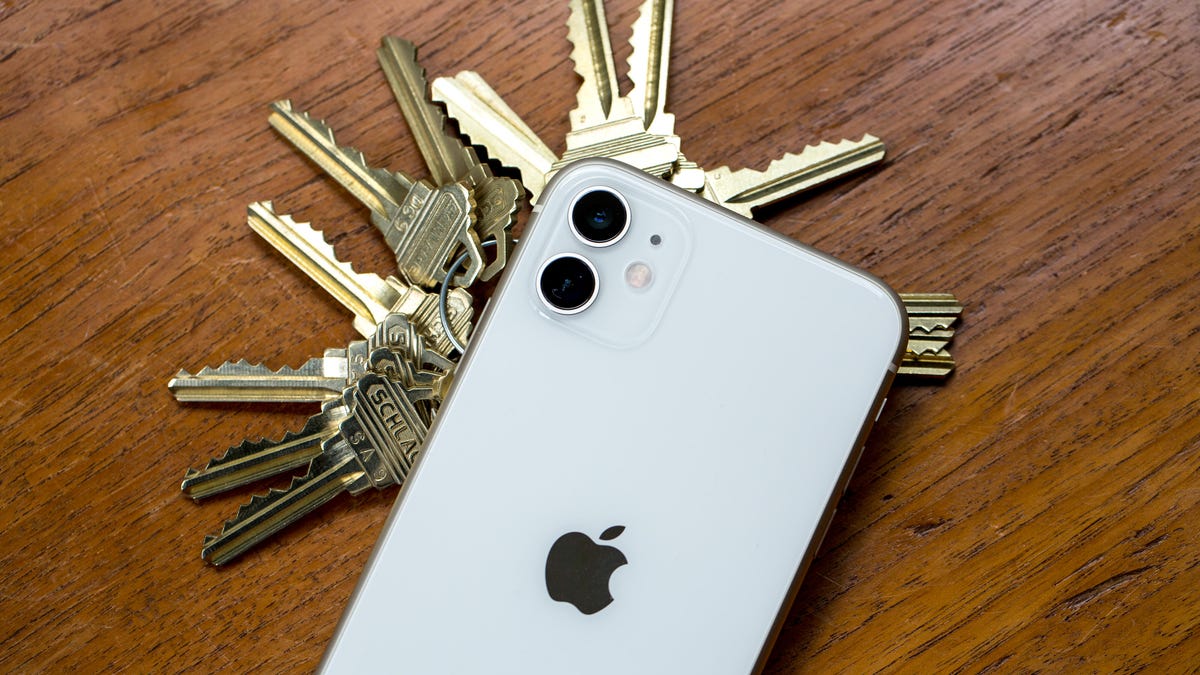Apple's worldwide national security report shows drop in data requests during 2020 US election
Still, the company's regular transparency report shows that governments are asking for data on tens of thousands of Apple device owners.

Apple's biannual security report includes data on how many requests it receives, but doesn't have many details.
Apple released its transparency report for the second half of 2020 on Monday, including details about data requests from governments, companies and people in litigation around the world. The tech giant said government requests had targeted 83,307 devices, just under half as many as the same time a year earlier. Apple is often kept from sharing details about government data requests, but it did say it provided data 77% of the time, slightly lower than the 80% the same time a year earlier.
Apple's data indicated a surprising drop in government data requests despite the fixating spectacle of the 2020 US presidential election. Four years earlier, hackers spread stolen emails and other embarrassing material across the internet, spawning conspiracy theories that persist to this day. During the 2020 election, social media companies including Facebook, Twitter and YouTube said they'd ramped up efforts to tamp down on disinformation and spread of potentially hacked material.
The time encompassing Apple's reporting period included when Donald Trump's big lie began to spread, during which he, his lawyers and associates claimed widespread voter fraud without evidence and despite later proven facts. On Jan. 6, 2021, just after the reporting period for Apple's transparency documents, a mob of Trump supporters attacked the US Capitol as lawmakers met to certify the election's results.
Germany again made the most requests for device data, according to Apple's report, asking for information from 16,819 devices, down from 19,633 in 2019. The US was the second largest, asking for data on 11,581 devices, fewer than the 80,235 it requested data about in 2019, or the 97,739 it requested data about during the first half of 2020. China rounded out the top three, asking for data on 11,372 devices, down about half from the number of devices requested a year prior.
Apple said national security-related requests made by the US under the Foreign Intelligence Surveillance Act, or FISA, targeted as many as 24,499 accounts, which could include stores photos, emails, contacts, calendars or device backups. Apple said it received as many as 499 National Security Letters from the FBI for subscriber information, targeting as many as 999 accounts. Apple said it does not produce transaction information or connection logs in those instances.

